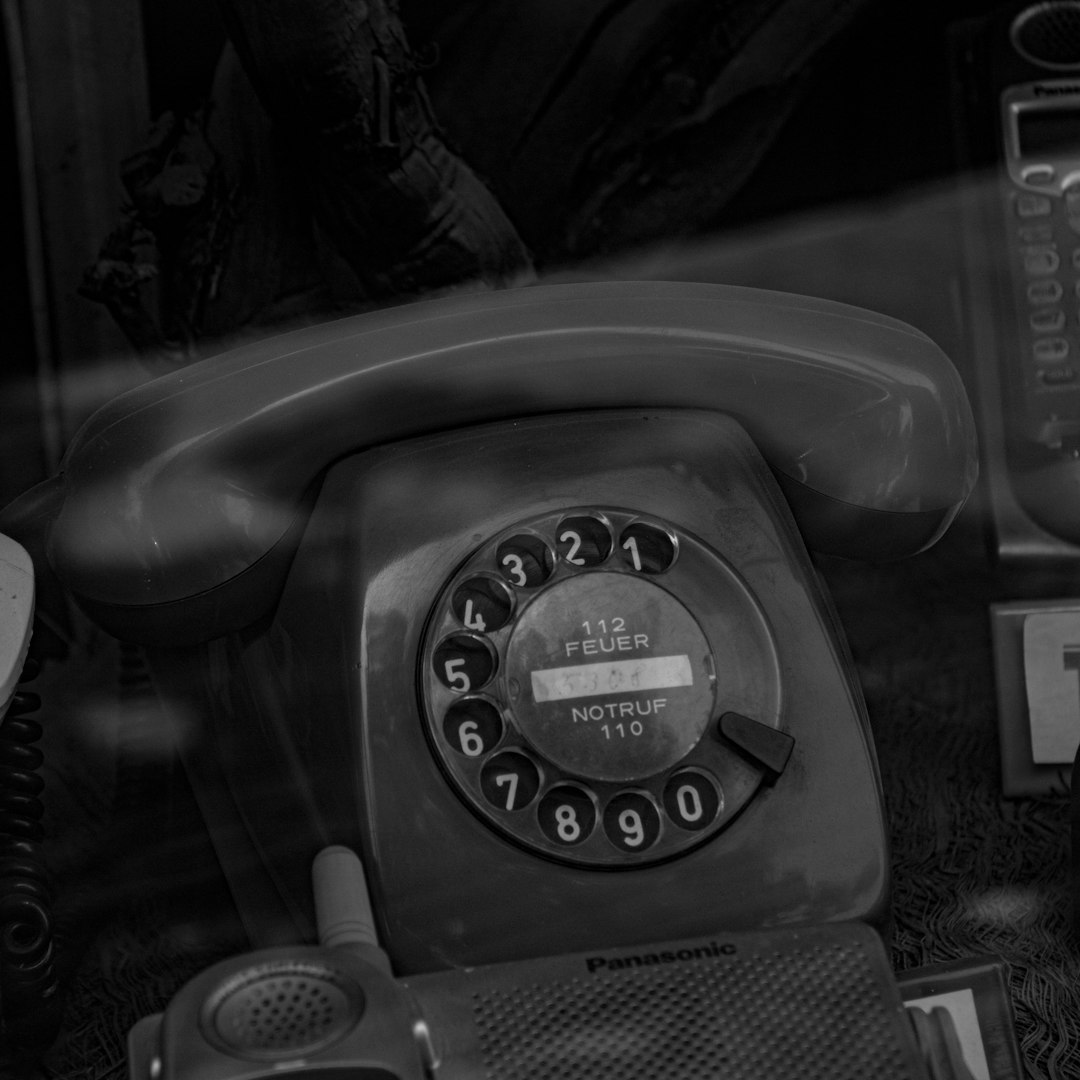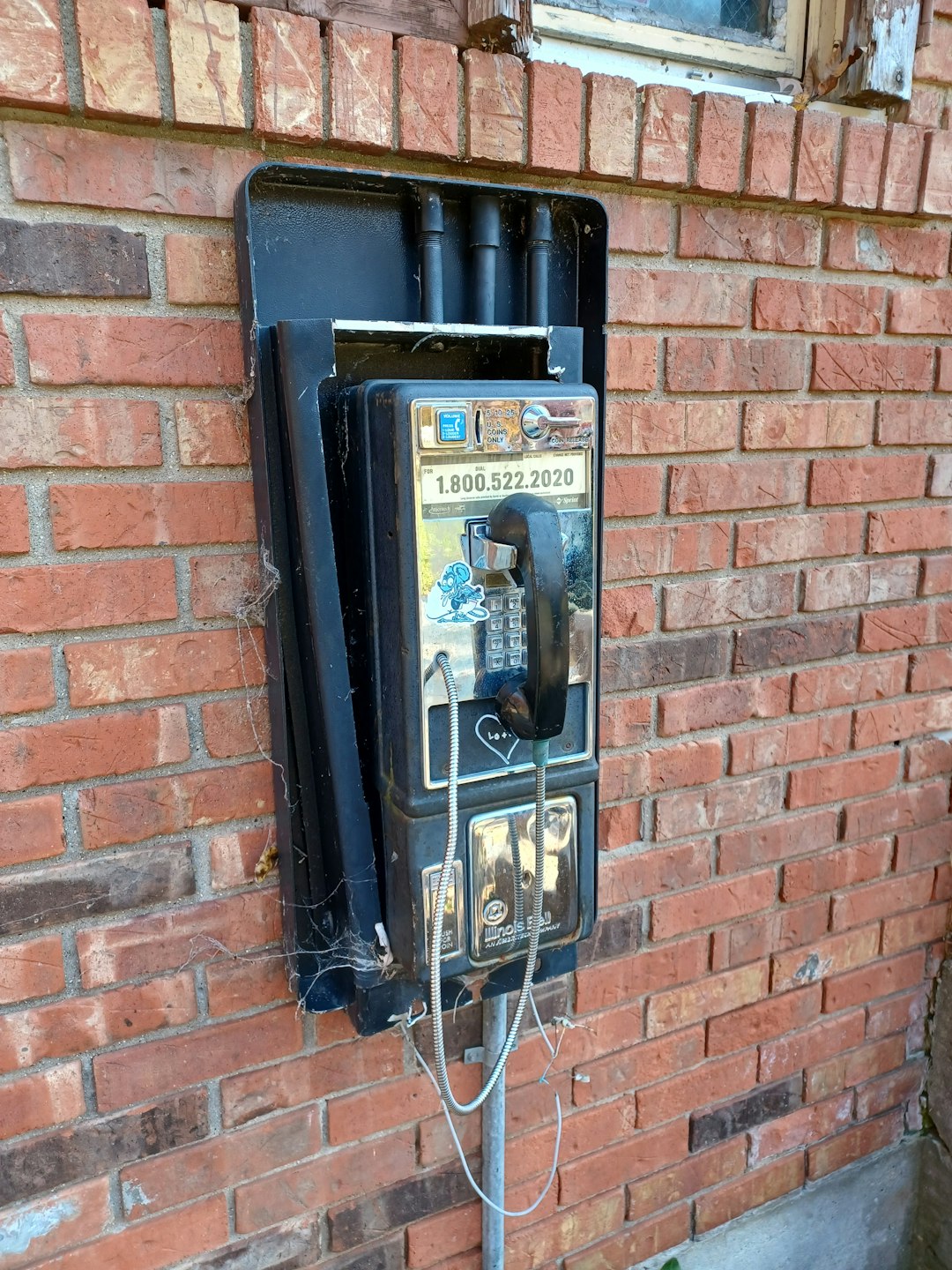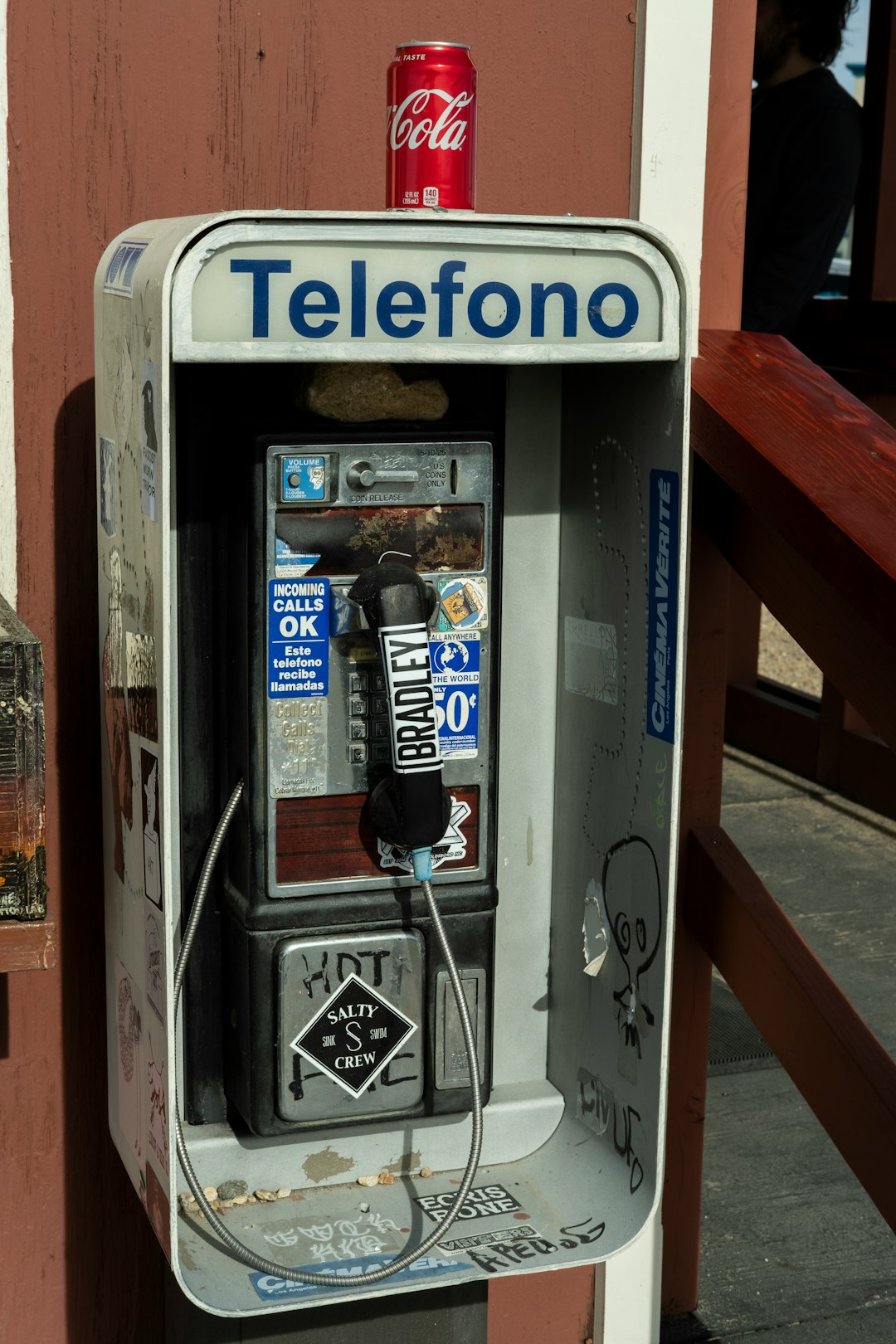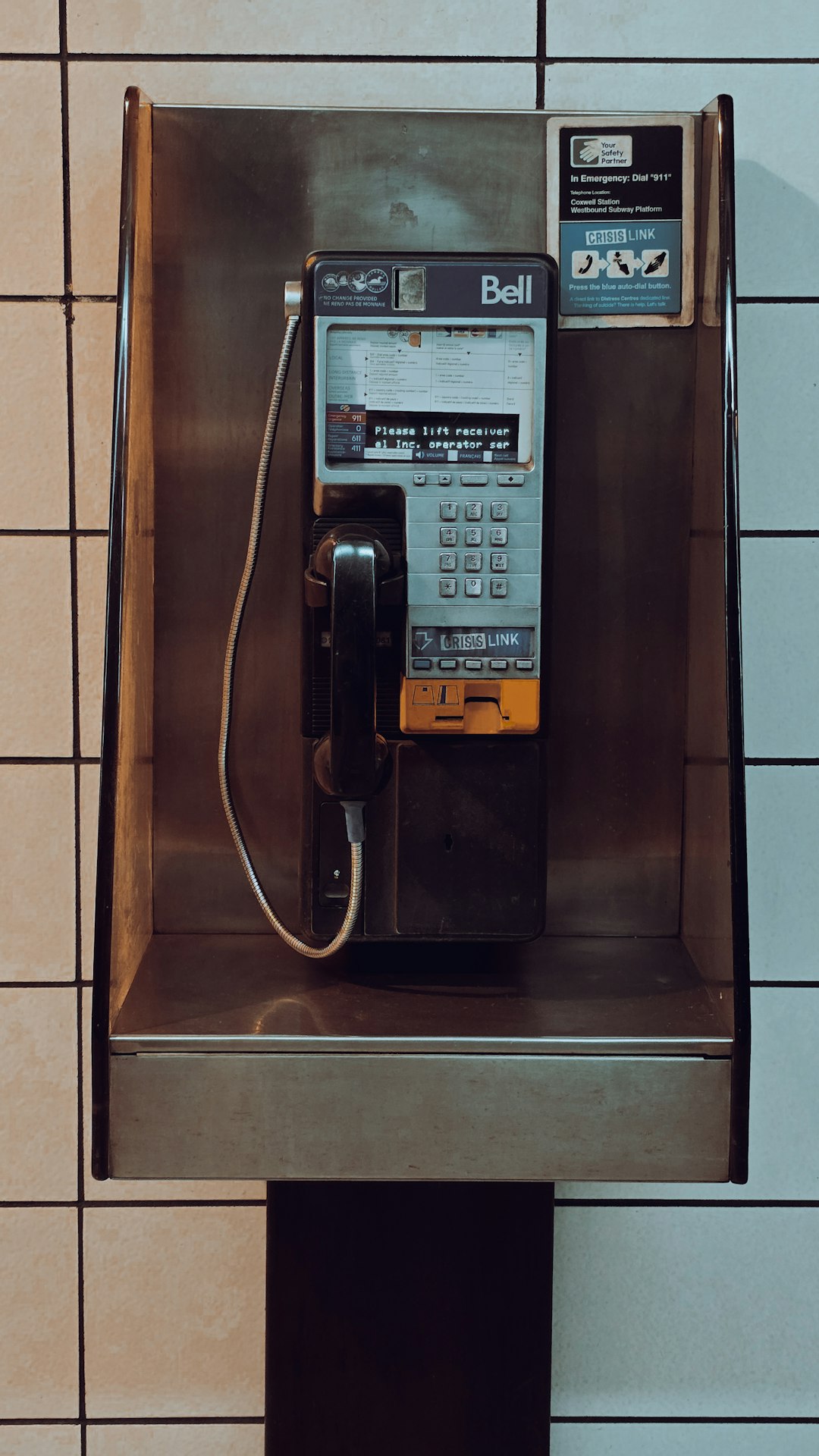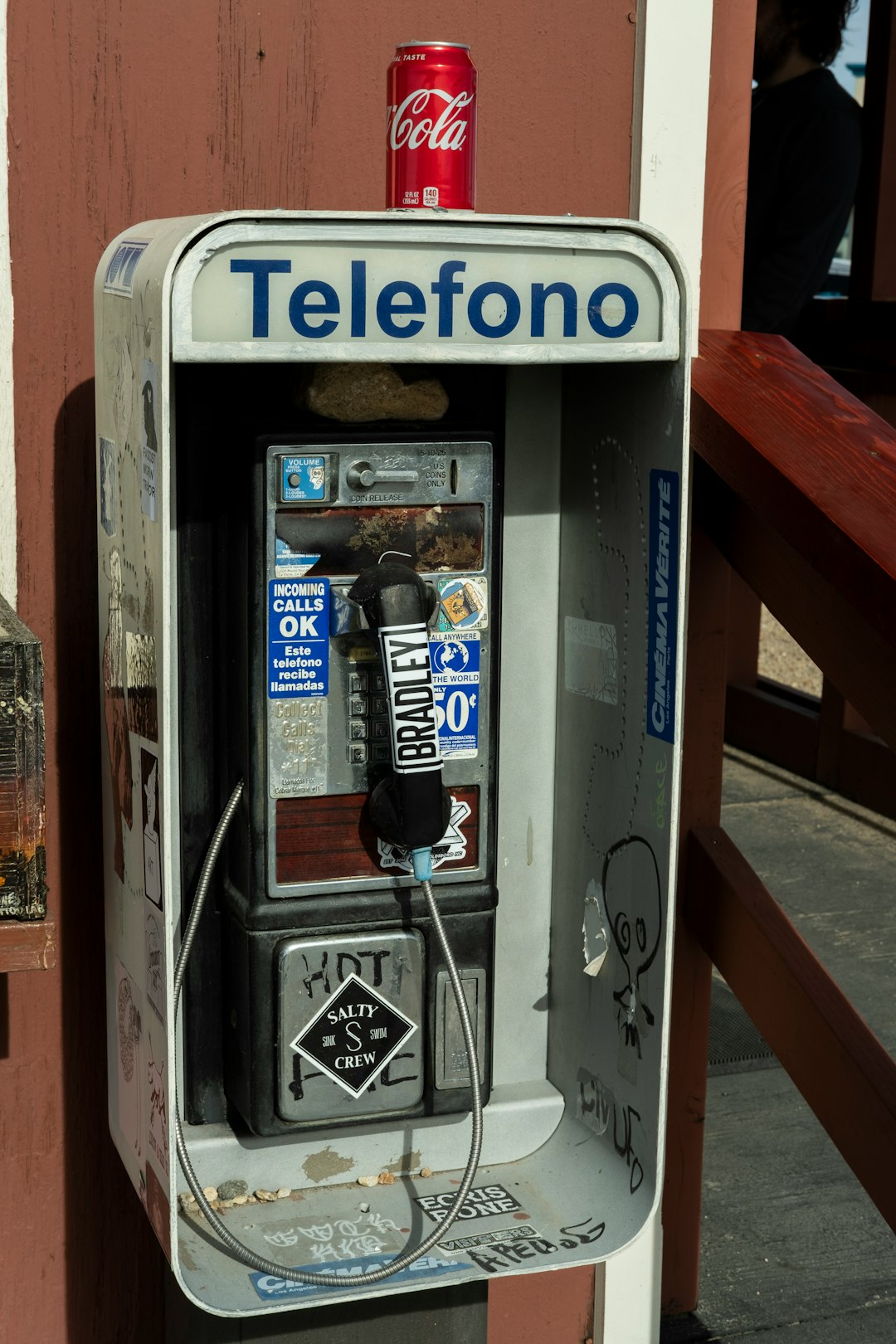Robocall and spam calls are problematic in Connecticut, but state laws like the Do Not Call Law and federal regulations offer protections. Individuals can consult robocall lawyers or spam call law firms for guidance, legal action, and navigation through these laws. Registering your number on the Do Not Call List is an effective prevention method. Strict Connecticut legislation, including the Unfair Trade Practices Act, prohibits automated calls without consent. Legal experts specializing in do-not-call laws can help with complaints, damages, and holding violators accountable.
Tired of relentless spam calls? You’re not alone. Robocalls are a pervasive problem, but there are steps you can take to stop them in Connecticut. This guide outlines the necessary actions, starting with understanding Connecticut’s strict spam call laws and how they protect your rights. Learn about registering for Do Not Call lists and explore legal options with a robocall lawyer or attorney in Connecticut. Discover how to combat unwanted texts and calls once and for all using these effective strategies from top spam call law firms in the state.
Understanding Spam Calls and Their Laws in CT

Spam calls, often referred to as robocalls, are a widespread nuisance in Connecticut and across the nation. These automated telephone marketing messages, usually delivered en masse, can include pre-recorded sales pitches, political messages, or fraudulent schemes. While many legitimate businesses use automated systems for customer outreach, spam calls are generally unwanted and can be particularly aggressive in their efforts to disrupt individuals’ peace of mind.
Connecticut has implemented specific laws and regulations to combat spam calls and protect its residents. The state’s Do Not Call Law, alongside federal regulations like the Telephone Consumer Protection Act (TCPA), restricts the practices of telemarketers and provides consumers with rights to stop receiving these unwanted calls. A robocall lawyer or attorney specializing in Connecticut telecom law can offer guidance on navigating these laws, helping individuals exercise their rights, and potentially seeking legal recourse against persistent spam call violators.
Registering for Do Not Call Lists in Connecticut

In Connecticut, registering your phone number on the state’s Do Not Call List is a powerful step to curb spam calls. This list restricts telemarketers from calling residents who have opted out of such marketing calls. It’s a straightforward process; you can register online through the Connecticut Department of Consumer Protection or by filing a form via mail. When you add your number, ensure it’s accurately listed under your name to avoid any confusion.
By enrolling in this list, you’re taking advantage of a state law that protects consumers from unwanted phone solicitations. This measure not only stops robocall lawyers and attorneys from Connecticut spam calls but also applies to all types of unsolicited marketing messages, including those from companies or individuals sending unwanted texts. It’s an effective way to regain control over your communication preferences and reduce the number of intrusive spam calls you receive.
Legal Actions Against Robocallers: Your Rights

In Connecticut, there are stringent laws in place to combat robocalls and spam calls. As a consumer, you have rights and legal protections against unsolicited phone marketing. The Connecticut Unfair Trade Practices Act prohibits businesses from using deceptive or unfair practices, including making automated or prerecorded telephone calls without prior express consent. If you’ve received unwanted robocalls or texts, you can take action.
Arobocall Lawyer Connecticut or a spam call attorney in Connecticut can help you understand your legal options. You may be entitled to damages and relief under the Connecticut Telephone Consumer Protection Act, which mirrors federal regulations like the TCPA. A law firm specializing in do-not-call laws can assist you in filing a complaint, seeking compensation for harassment, and ensuring that these violators are held accountable for their actions.
